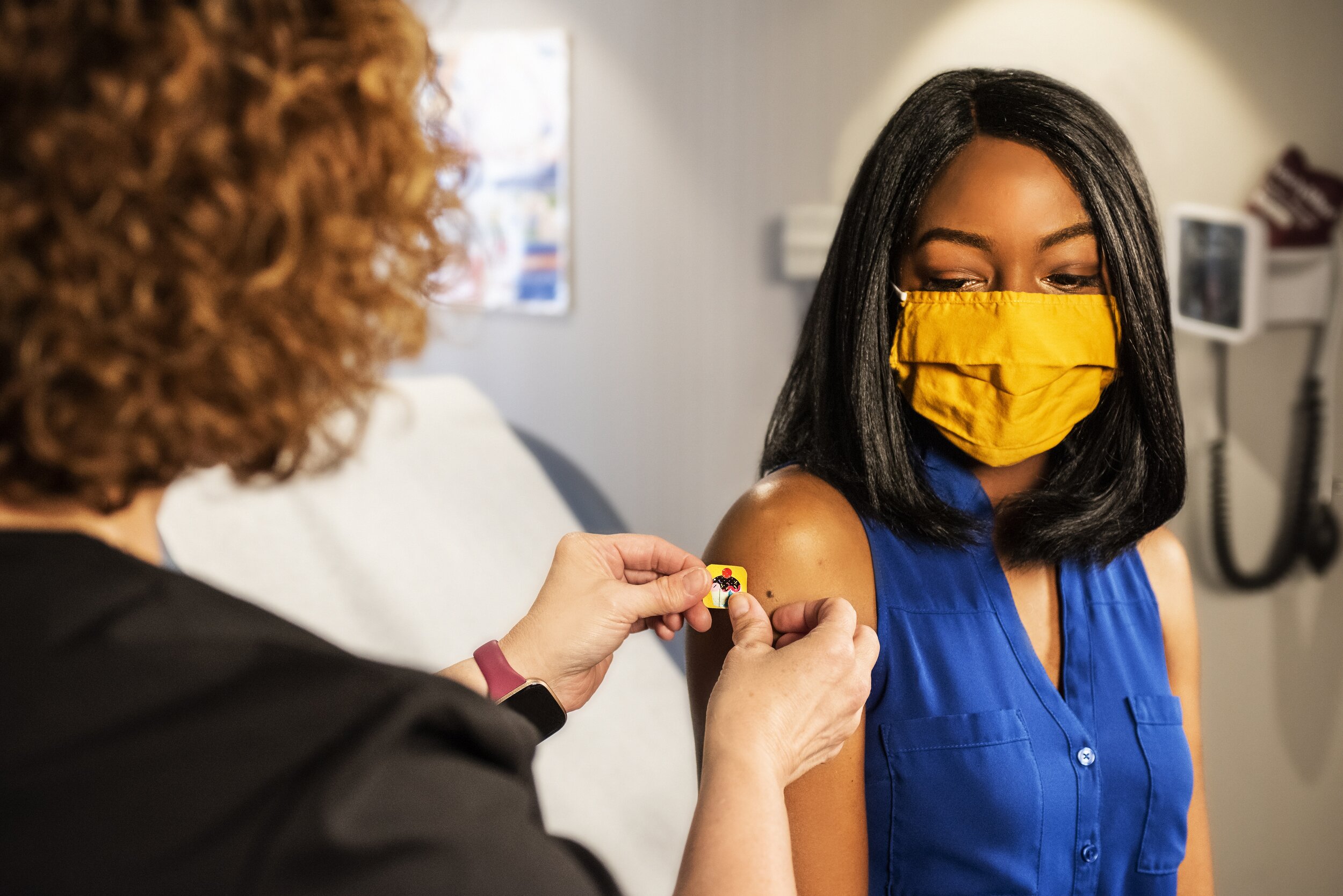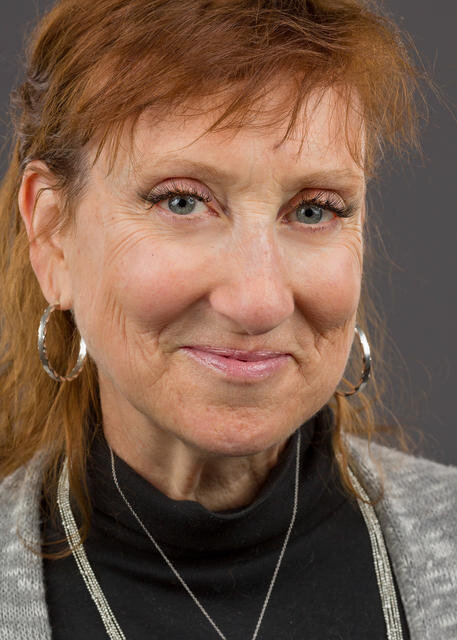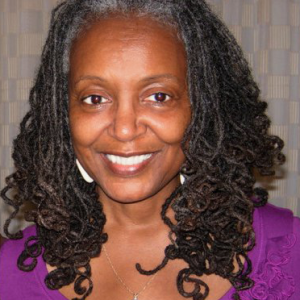Virtual Education Series: Culturally-Competent Strategies to Address Vaccine Hesitancy in Communities of Color
Overall Project Goal
This 4-part education series provides an in-depth exploration of why vaccine hesitancy is prevalent in Communities of Color, the current challenges with COVID-19 vaccine administration in BIPOC communities, and proposed solutions that may be effective in addressing vaccine hesitancy. As the United States rolls out its COVID-19 immunization campaign, BIPOC communities continue to voice high levels of vaccine hesitancy. In fact, a 2020 Pew Research poll found that only 32% of Black Americans are likely to receive the COVID-19 vaccine. Moreover, 77% of Black Americans do not plan to or remain uncertain about receiving the COVID-19 vaccination. Similarly, 67% of Latinx Americans do not plan to or remain uncertain about receiving the COVID-19 vaccination. This is compared to 47% of White respondents who do not plan to or remain uncertain about receiving the vaccine. This initiative will bring together leading experts in vaccine hesitancy to focus on implementing evidence-based, culturally-competent strategies to increase vaccine uptake in vaccine-hesitant Communities of Color.
Objectives List
Inform on the magnitude of vaccine hesitancy in Communities of Color.
Convene interdisciplinary, leading experts to disseminate evidence-based, culturally-competent strategies to minimize vaccine hesitancy.
Provide concrete solutions to address vaccine hesitancy in BIPOC communities.
Provide healthcare providers, community health leaders, public health practitioners, and health-equity devoted professionals with an opportunity to learn from leading experts.
Break down barriers between vaccine experts, public health leaders, and the general public by encouraging cross-sector collaboration, discussion, and information sharing.
Disseminate materials for mitigating vaccine hesitancy in BIPOC communities to leading experts and influential community members.
Virtual Education Series Descriptions
Understanding and Addressing Medical Mistrust in Communities of Color
Tuesday, May 4, 11:00 AM – 12:00 PM CST
This webinar will focus on strategies towards building trust between medical professionals and Communities of Color. Due to historical determinants, Black Americans have lower overall trust in the American healthcare system. A 2020 Pew Research Study found that only 35% of Black Americans have “a great deal of confidence” in scientists to act in the public’s interest as compared to 43% of White Americans. Moreover, only 57% of Black Americans have “a mostly positive view of medical research scientists”, as compared to 67% of Latinx Americans and 68% of White Americans. Due to these findings, the historic determinants of deteriorated trust between the medical profession and Communities of Color will be discussed. This will include conversations about medical atrocities, systemic racism, and pervasive differences in treatment. Best-practices to improve trust between the medical profession and Communities of Color will follow. Furthermore, the discussion will include how to establish accountability structures to respond to and support concerns of BIPOC communities.
Vaccine Distribution and Administration Strategies within Communities of Color
Tuesday, May 18, 11:00 AM – 12:00 PM CST
This webinar will focus on equitable vaccine distribution and administration strategies within Communities of Color. Equitable distribution is essential given the high rates of infection in BIPOC communities. In fact, as of December 2020, Black Americans were 3x more likely than White Americans to get COVID-19 and 2x more likely to die from it. This webinar will highlight the importance of focusing on equitable vaccine information dissemination with culturally-competent, responsive messaging within Communities of Color. Furthermore, the discussion will focus on vaccine coverage, costs, and scheduling. The conversation will also highlight best practices for ensuring equitable COVID-19 vaccine administration. Finally, the conversation will highlight the importance of providing federal funding to support collecting data by race and ethnicity on vaccine trust, vaccine rates, and ongoing health outcomes.
Drug Development: Ensuring Representation in Clinical Trials
Tuesday, June 8, 11:00 AM – 12:00 PM CST
This webinar will discuss clinical trials and Black and Brown communities. It is critical to educate BIPOC communities on this process because Americans of Color are less likely to enroll in randomized clinical trials for vaccines than White Americans. For example, The COVID-19 Prevention network found that 10% of the 350,000 registrants in the COVID-19 randomized controlled trials were Black or Latinx. Meanwhile, Black and Latinx individuals account for 31.9% of the United States population, according to 2019 United States Census data. To provide background, the discussion will include insight into phase 3, prospective randomized control trials, including regulatory requirements, participant representation, and safety/efficacy findings. The focus will be centered on conscious efforts to ensure BIPOC representation within the COVID-19 vaccine development process and what this means for the future of pharmaceutical innovation. Points will also include information about vaccine efficacy against emerging strains of COVID-19. Finally, the conversation will highlight trusted sources to find more information about vaccine safety, adverse reactions, and other facts related to the COVID-19 vaccine.
Ensuring Representation in Healthcare: Increasing Racial Diversity among Healthcare Professionals
Tuesday, June 22, 11:00 AM – 12:00 PM CST
This webinar will highlight the importance of ensuring healthcare providers are representative of United States demographics. Most qualitative studies suggest that BIPOC respondents prefer a provider of a similar “racial, ethnic and/or cultural background, and/or thought some diseases were better treated by a provider of the same racial, ethnic, and/or cultural background.” This conversation will underpin the importance of patient-clinician racial concordance as a way to improve communication, shared decision-making, patient comprehension, and overall health outcomes and quality. The conversation will discuss ways to increase and retain underrepresented populations in nursing, medical, and dental training programs. Finally, the conversation will highlight strategies to increase overall BIPOC representation in the workforce. Strategies discussed will include financial/academic support, ensuring board diversity, cultural competency training, and employee resource groups for BIPOC and other underrepresented populations in the workforce.






















